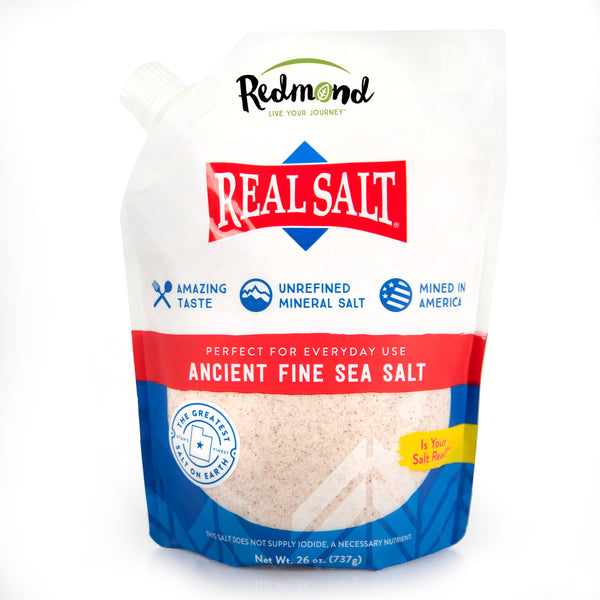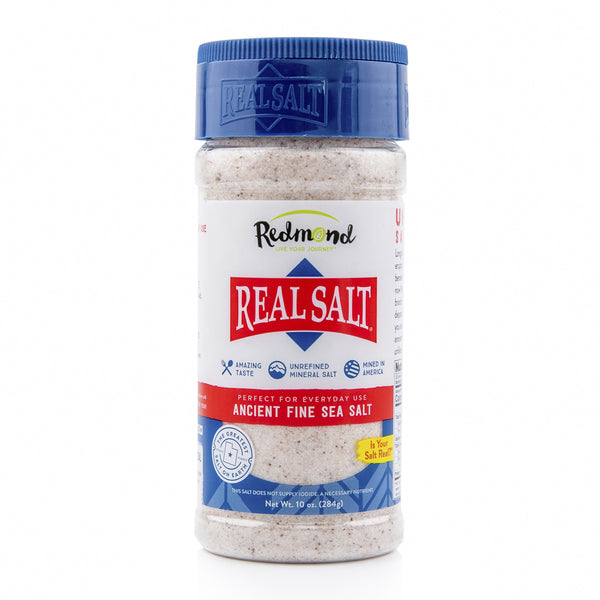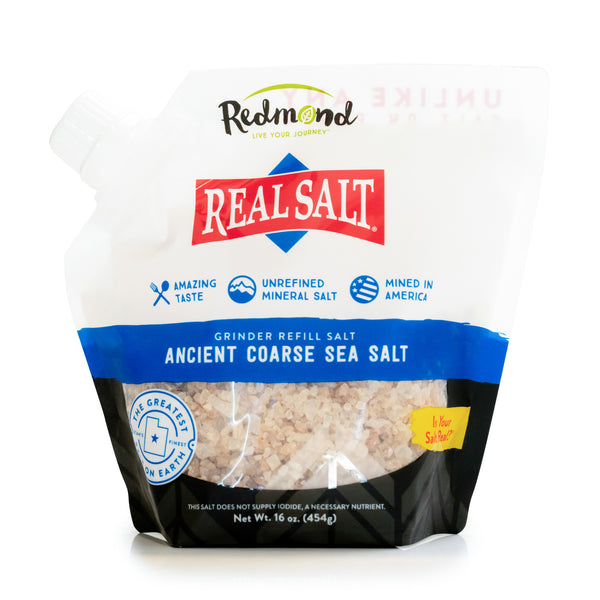We Are Oceans: Salt’s Vital Role in Human History

“There must be something strangely sacred in salt. It is in our tears and in the sea.” -Khalil Gibran
Salt. It’s in every kitchen and on every table. But have you ever thought about how deeply intertwined it is with the human story? It’s said that the saltiness in our bodies and the saltiness of the earth’s oceans hint that our origins are found in the sea. Whether taken literally or poeticly, this idea invites an exploration of humankind’s deep connection to salt.
Salt plays a vital role in our biology and has shaped human economies, cultures, and spiritual beliefs all around the world. Let’s explore how this common mineral has made an extraordinary mark on humankind.
Salt's Role in the Human Body
“We are essentially walking oceans.” - Dr. James DiNicolantonio
About 60% of our human body is composed of water, and all of this water contains regulated concentrations of salt. Salt is abundant in our blood, is cried out in our tears, and is sweat out in our perspiration.
Salt plays a crucial role in maintaining proper fluid balance in our cells. It enables the transmission of electrical signals in our nervous system and allows our muscles to move. In a very real way, our life depends on salt. It’s essential for our body’s function, underlying a link to the earth and sea, where life originates.
A Brief History of Salt
“The search for salt has influenced the establishment of trade routes and cities, provoked and financed wars, secured empires, and inspired revolutions.” -Margaret Visser
The story of salt begins before written history. Animals instinctively blazed trails to salt, and humans followed. Early man used it to preserve meat and prized it for healing. As humankind’s diet became more plant-based, the need to supplement with salt inspired trade.
Soon, entire economies were built around it. In Ethiopia, slabs of rock salt were used as coin, and later, Roman soldiers were paid in salt, inspiring our English word “salary” and idioms such as one being “worth his salt.” Many cities rich in salt, like Salzburg (literally “Salt Castle”), became commercial hubs of trade and wealth.
These early salt trade routes encouraged the movement of goods, ideas, languages, and cultural practices between peoples and civilizations and, in a genuine way, shaped our modern interconnected world.
The Cultural Impact of Salt
“With all thine offerings thou shalt offer salt” -Leviticus 2:13
Considering the close relationship between humans, seas, and salt, it’s no surprise that salt has profound spiritual meaning across many different societies and peoples.
In Ancient Egypt, salt was used in the mummification process, helping to preserve bodies for the afterlife. It was also a common offering to the gods, symbolizing purification.
In Japan, Shinto practices also celebrate the purifying power of salt. Salt is scattered at the entrances of homes and is thrown into the ring before sumo wrestling events to purify the space.
In Christianity, salt symbolizes the preservation of faith and purity. Jesus called his followers the “salt of the earth,” highlighting the belief in salt’s ability to maintain virtue.
In common folklore, you throw a pinch of salt over your shoulder to ward off evil spirits or bad luck.
These cultural examples highlight salt’s value beyond the physical, elevating it to the spiritual.
Coming Full Circle
"Salt is born of the purest of parents: the sun and the sea." - Pythagoras
Reflecting on salt, we discover it plays an essential role in our history, culture, and spirituality. Salt has shaped human civilizations and beliefs, purifying and preserving both literally and symbolically. So next time you reach for a salt shaker, remember salt's crucial role in our story and how it connects us to the earth, the sea, and to each other.

If you enjoyed this, you might like:
Is Your Salt Real? Here’s How to Tell…
What are the Benefits of Using an Unrefined Sea Salt?
Where Does Real Salt Come From and Why Does it Matter?
Reflection: The Secret Ingredient to Growth That We Often Skip
Sources:
Body & Ocean Relationship—Ocean Rescue
How much salt is in the human body?—Science Focus
The Spiritual and Halthing Benefits of Salt—Times of India
Egyptian Mummies—Smithsonian Institue
The Importance of Salt in Japanese Culture and Cuisine—Kobe Jones Blog














